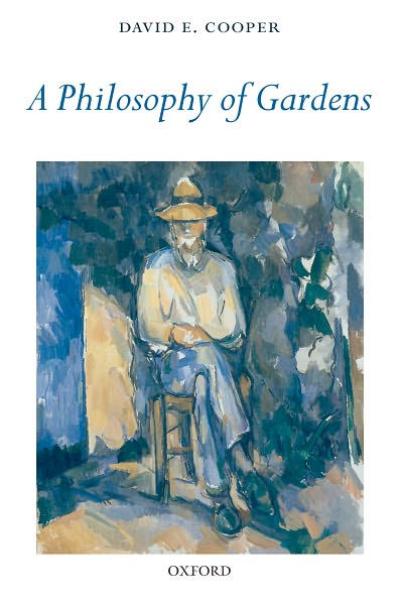Description
David Cooper identifies garden appreciation as a special human phenomenon distinct from both from the appreciation of art and the appreciation of nature. He explores the importance of various 'garden-practices' and shows how not only gardening itself, but activities to which the garden especially lends itself, including social and meditative activities, contribute to the good life. And he distinguishes the many kinds of meanings that gardens may have, from representation of nature to emotional expression, from historical significance to symbolization of a spiritual relationship to the world. Building on the familiar observation that, among human beings' creations, the garden is peculiarly dependent on the co-operation of nature, Cooper argues that the garden matters as an epiphany of an intimate co-dependence between human creative activity in the world and the 'mystery' that allows there to be a world for them at all.
A Philosophy of Gardens will open up this subject to students and scholars of aesthetics, ethics, and cultural and environmental studies, and to anyone with a reflective interest in things horticultural.
Product Details
- Oxford University Press & Brand
- Apr 1, 2008 Pub Date:
- 019923888X ISBN-10:
- 9780199238880 ISBN-13:
- 173 Pages
- 8.01 in * 5.44 in * 0.41 in Dimensions:
- 0 lb Weight:




